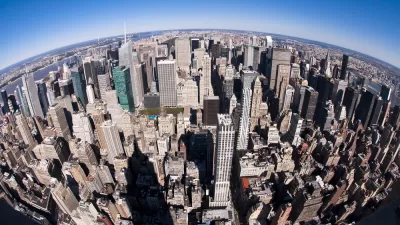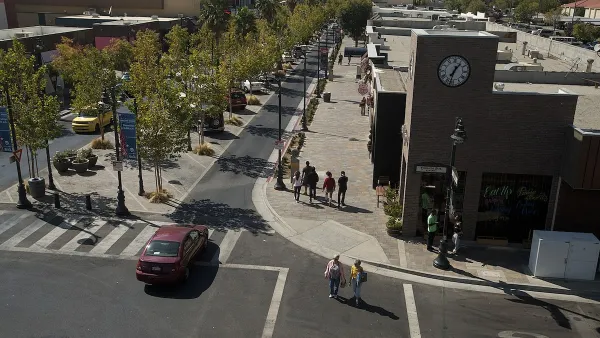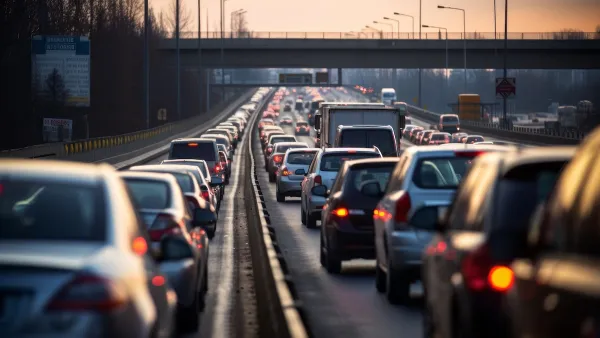New report by the Global Commission on the Economy and Climate describes specific actions which can strengthen economic performance and reduce climate change risks. A key strategy is to build better, more productive cities.
The Global Commission on the Economy and Climate is a major new international initiative to provide independent and authoritative evidence on actions which can strengthen economic performance and reduce climate change risks. It is a coalition of major international organizations, guided by some of the world's leading economists and research organizations.
Today the Commission released a report, Better Growth, Better Climate which sets out a ten point Global Action Plan for governments and businesses to secure economic development in a low-carbon economy. This report is based on research conducted by a global partnership of eight leading research institutes: World Resources Institute (WRI, Managing Partner), Climate Policy Initiative (CPI), Ethiopian Development Research Institute (EDRI), Global Green Growth Institute (GGGI), Indian Council for Research on International Economic Relations (ICRIER), LSE Cities, Stockholm Environment Institute (SEI) and Tsinghua University.
Chapter 2 explores the roles that resource-efficient cities can play in achieving these goals. Building more productive cities can boost economic prosperity and help tackle climate change. The Commission used a database of the world’s largest cities to identify those that are particularly important in terms of impacts on the global economy and climate out to 2030. The analysis shows these 468 cities will account for over 60 percent of global income growth between 2012 and 2030, and with business-as-usual development patterns they will account for 45 percent of global energy-related emissions. Actions that increase resource efficiency in these cities can be particularly effective at achieving global economy and climate goals.
FULL STORY: Better Growth, Better Climate: The New Climate Economy Report

Maui's Vacation Rental Debate Turns Ugly
Verbal attacks, misinformation campaigns and fistfights plague a high-stakes debate to convert thousands of vacation rentals into long-term housing.

Planetizen Federal Action Tracker
A weekly monitor of how Trump’s orders and actions are impacting planners and planning in America.

In Urban Planning, AI Prompting Could be the New Design Thinking
Creativity has long been key to great urban design. What if we see AI as our new creative partner?

King County Supportive Housing Program Offers Hope for Unhoused Residents
The county is taking a ‘Housing First’ approach that prioritizes getting people into housing, then offering wraparound supportive services.

Researchers Use AI to Get Clearer Picture of US Housing
Analysts are using artificial intelligence to supercharge their research by allowing them to comb through data faster. Though these AI tools can be error prone, they save time and housing researchers are optimistic about the future.

Making Shared Micromobility More Inclusive
Cities and shared mobility system operators can do more to include people with disabilities in planning and operations, per a new report.
Urban Design for Planners 1: Software Tools
This six-course series explores essential urban design concepts using open source software and equips planners with the tools they need to participate fully in the urban design process.
Planning for Universal Design
Learn the tools for implementing Universal Design in planning regulations.
planning NEXT
Appalachian Highlands Housing Partners
Mpact (founded as Rail~Volution)
City of Camden Redevelopment Agency
City of Astoria
City of Portland
City of Laramie





























